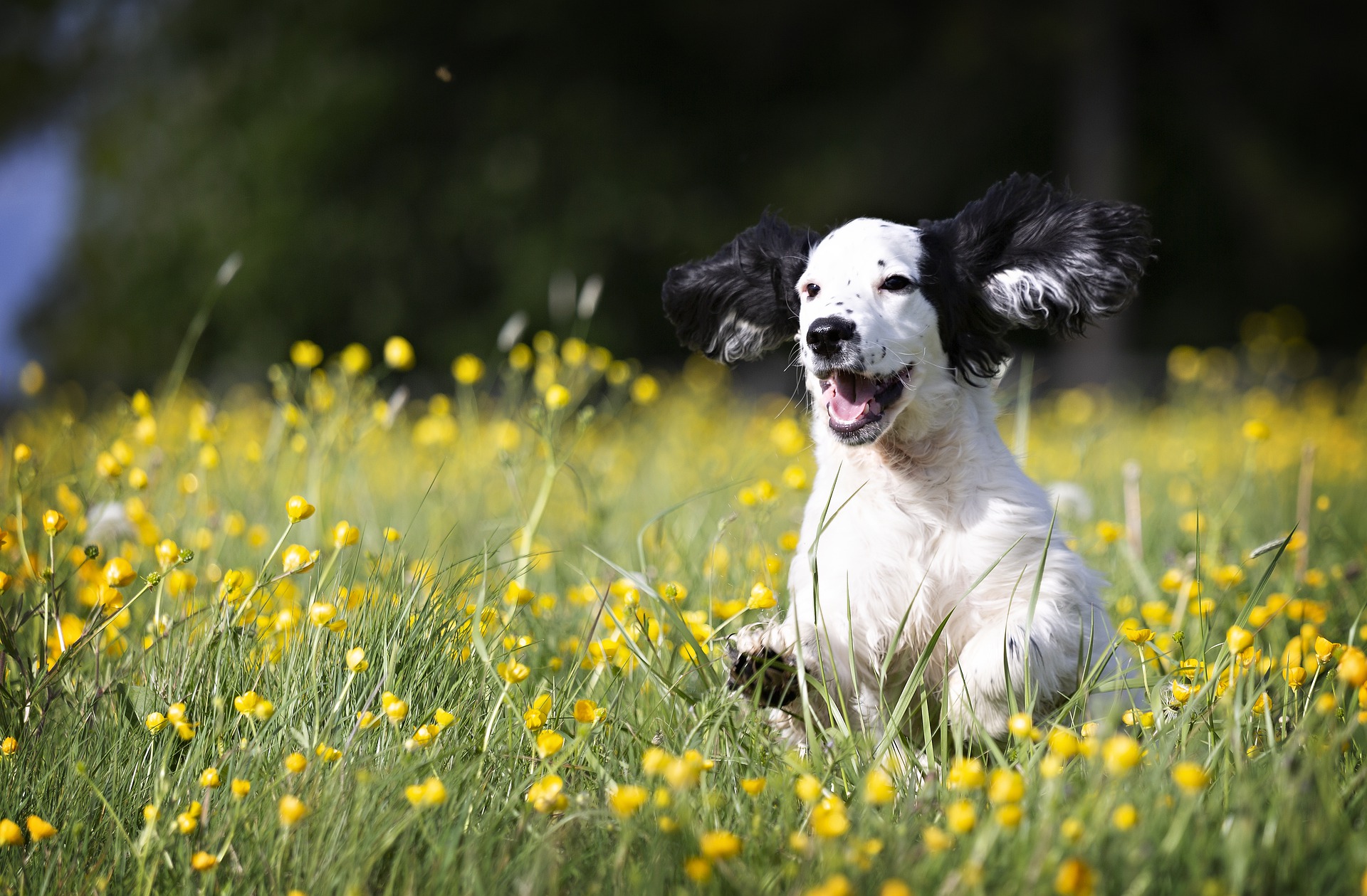The bond between us and our pets is so strong. They are loyal, kind and loving and offer endless joy, affection and enthusiasm to our lives. They are always so happy to see us, never tire of our prescence and do not mind if we are foolish or make mistakes. They love us for exactly who we are.
Not only do they provide constant companionship and unconditional love in our lives but they also contribute to several health benefits. Here are a few:
- increase opportunities to exercise
- increase socializaton opportunities
- decrease blood pressure and cholesterol levels
- reduce depression and lonliness
With all of this said, it is no wonder we miss them so very much when they are gone. Basically we have so many “good” days, weeks and years with our “best friends”, and then one really “terrible” day, when that extremely sad one comes. That loss can feel unbearable as our pet loss is comparable to the loss of a human friend or family member, in almost every way. They have been there beside us during our life’s ups and downs and have helped us cope with many losses and challenges we have had to face.
We create intense love and bonds with our animal family. They bring us friendship, fun and joy to our lives. They add structure to our day and help us overcome setbacks and life challenges. They provide a sense of meaning, belonging and purpose to our lives.
So, when we lose members of our animal family, we often feel overwhelming loss and pain as many emotions are triggered. And, the level of grief often depends on factors such as our age and personality, age of our pet and the circumstances. The more significant our pets were to us, the more the loss we feel when losing them. And, for many who lose a pet who was also a co-worker, as a service animal, the grief can double as your home and workplace would both be impacted by the loss.
Symptoms of acute stress can last for several months after we lose our pet, with grief persisting even upto a year or beyond. We feel such overwhelming sadness because our pets are so much more than just pets. They are all special lives that we have been responsible for and we have been so appreciative. We lose our motivation, our socialization, our constant daily emotional fulfilment we had become accustomed to and cherished.
We feel a huge void in our life as our best friend is not there for us anymore. It can be a very lonely process, as many people might not understand the grieving process we feel and how deep it can penetrate within us. It seems unusual for people to drop off flowers or cards for a pet as they would a loss of a human life. Many people might not realize the impact this huge loss has had on our lives. So, to make matters worse we might have to hide our tremendous grief out of feeling embarrassed over the extent of our heartbreak and feeling ashamed for the need to reach out to others for comfort.
Traumatic grief is distinct in that the presentation of a person who experiences loss is met with significant separation distress as a result of the loss of a their beloved pet, This occurs in the same manner when we lose a human family member or friend. It is the breaking and end of the human-animal bond.
The traumatic loss of a pet results in a broken attachment. Humans exhibit attachment behaviours in order to initiate and maintain affection for their protection and survival. Pets exhibit these behaviours such as regularly greeting us, playing with us, needing us .
We need to allow the grieving process to happen gradually – it cannot be rushed or hurried. Be patient with yourself and allow the process to unfold naturally. Allow yourself to feel all emotions – never be afraid to exhibit how you are feeling, as you will never be seen as too weak or need to feel ashamed for how deeply sad you are. Write about how you are feeling and talk about your them with others who are sympathetic to your loss.
Here are a few healthy suggestions to assist with coping with the grief of your pet:
- express your feelings – your grief is your own, only you can decide how to express it and allow yourself to feel it without embarrassment or judgement. It is completely okay to cry, laugh, remember joyful moments and then release whenever you need to do so.
- reach out to others who understand – talk to others who have also lost their animal family, support groups, pet loss resources. Not everyone will understand what you are going through, but there will always be someone who will.
- Create a legacy – prepare a memorial, compile a photo album, plant a tree or any other form of celebrating the life of your animal companion. Reminders of all the fun and joy they brought to your life, and you theirs, will help you to eventually heal.
- look after yourself – the loss of your beloved animal friend can deplete your energy and be challenging mentally and emotionally. Try to stick to healthy eating patterns, socialize with supportive people, get plenty of sleep and regular exercise to boost endorphin release to uplift your mood.
- maintain normal routine – if other pets in the home, they also can become distressed of the passing of their friend too. Continue to follow through with the surviving pets to help reduce stress for you all.
- seek new meaning and life joy – our pet occupied alot of our time and boosted our morale and optimism. Try to fill that time by taking up a new hobby, taking a class, helping others or even looking into finding another pet friend, when the time feels right for you to do so.
- seek professional help if needed – If your grief is persistent and is interfering with your ability to function, there are support groups to seek for assisting you in your mental and emotional stress.
For retired seniors, the death of a pet can hit them harder than younger adults. For some, it was their sole companion, providing them with a sense of purpose and self-worth. It is important as a senior to try to seek further companionship or face-to-face contact to help with the loss. By starting an exercise program or finding an activity they enjoy, will assist in aiding in the energy and vitality lost when their pet passes.
And, though the decision to do so is a very personal one, there are also many great reasons to once again, seek another pet to join your animal family. You might find it hard to not have an animal friend around to make you feel a sense of purpose, companionship and increased self-worth. Though we can never replace our beloved “best friend”, we can provide joy and a loving home to another special one in need.
If you know of someone who has lost a pet, please understand their grief. Give them a call, write them a letter or just be there for them. Even if you don’t fully understand their loss and what they are going through, this is about your friend or family member, not about us and what we are feeling. Some might see other’s loss of a pet as no big deal, but as any family member whom we call our “best friend”, they are so much more to us than they will ever know.
Growth following our huge loss can allow us to find new understanding about ourself and the world. Though the loss of our beloved pet cannot be replaced, we can, as humans, learn to develop undiscovered meaning in light of such a tragedy. For, our animal friends teach us more than we could have expected and love us more than we could have ever hoped. That, is why we miss them more than we could have ever imagined.
No matter how or when we lose our animal friends, their love lasts a lifetime. The bonds we create with them are as lasting as the ties of this earth can ever be. What we have once enjoyed we can never lose as all that we have loved so deeply, becomes a part of us.
The angels in our life have “fur” on them, rather than “wings”……and they will be forever loved and never forgotten, always in our hearts.





